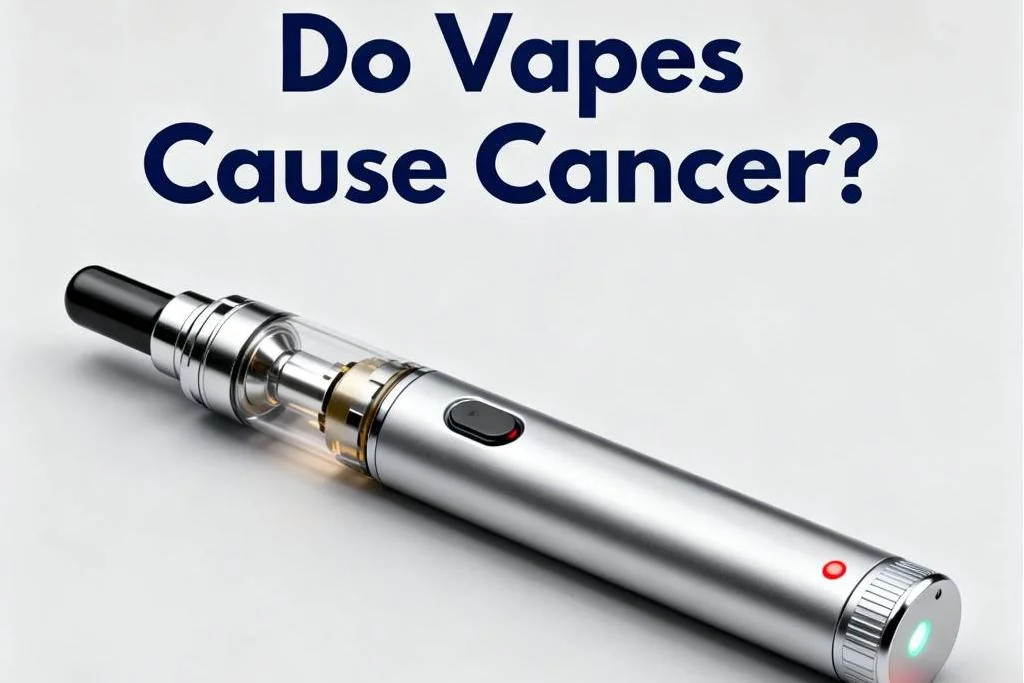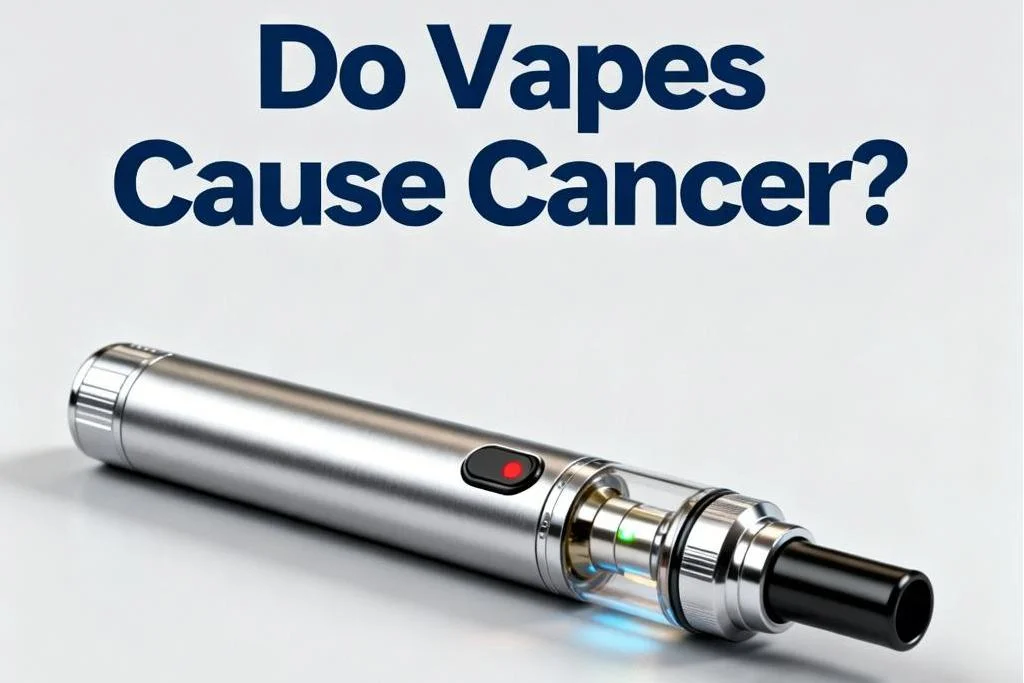I Was Reincarnated as a Vape
The phrase “I was reincarnated as a vape” may sound like the title of a fantasy novel, but it has recently gained attention across social media, memes, and online discussions related to vaping culture.
Read More >>WARNING: THIS PRODUCT CONTAINS NICOTINE. NICOTINE IS AN ADDICTIVE CHEMICAL.
Vaping has become one of the most debated public health topics in recent years. As more smokers switch to e-cigarettes, one question continues to dominate Google searches: Do vapes cause cancer? This guide examines current scientific evidence, what ingredients in vapes may contribute to cancer risk, and how vaping compares to smoking traditional cigarettes.
Vapes or e-cigarettes heat a liquid—commonly known as e-liquid or vape juice—into an aerosol that users inhale. While these products do not burn tobacco like cigarettes, they often contain nicotine, flavoring agents, and chemical additives that may produce harmful compounds when heated. The concern arises from the potential of these compounds to cause cell damage, DNA mutations, and other changes linked to cancer development.
So far, there’s no conclusive evidence that vaping directly causes cancer in humans. However, research shows that some ingredients in vape aerosols—such as formaldehyde, acetaldehyde, and acrolein—are classified as carcinogenic or potentially cancer-causing.
A 2023 review published in Tobacco Control found that while toxicant levels in vapor are significantly lower than in cigarette smoke, long-term exposure could still pose health risks. Animal and cell-based studies have also demonstrated DNA damage from e-cigarette vapor exposure, suggesting potential for cancer risk over extended use.

When comparing vapes to traditional cigarettes, most experts agree that vaping is less harmful, but not harmless. Cigarettes contain over 7,000 chemicals, with at least 70 known carcinogens. In contrast, vapes expose users to far fewer toxic substances.
According to Public Health England (PHE) and the UK National Health Service (NHS), vaping is estimated to be at least 95% less harmful than smoking. However, both organizations emphasize that non-smokers should not start vaping, as the long-term health effects remain unclear.
Nicotine itself is not a direct carcinogen, meaning it doesn’t directly cause cancer. However, it can promote tumor growth and interfere with cell repair, potentially worsening cancer progression in people already exposed to carcinogens. Nicotine addiction also prolongs dependence, which may increase exposure to harmful chemicals over time.
Many flavored e-liquids contain chemical compounds that can break down into harmful substances when heated. For example, diacetyl, used in buttery flavors, has been linked to lung damage. Some sweet or fruity flavors may generate reactive carbonyls, which can contribute to oxidative stress—a process that damages cells and DNA.

If you currently vape, here are some ways to lower possible health risks:
While vaping is widely regarded as a safer alternative to smoking, it is not completely risk-free. Current research does not show a direct link between vaping and cancer in humans, but long-term data are still limited. The safest choice remains to avoid both smoking and vaping altogether. For smokers trying to quit, regulated vaping products may be a harm-reduction tool when used responsibly and under medical guidance.
1. Can vaping cause lung cancer?
There’s no confirmed link yet, but some vape chemicals may damage lung tissue and DNA, raising potential cancer risks over time.
2. Is vaping safer than smoking?
Yes, most experts agree that vaping exposes users to far fewer toxic substances than cigarette smoke, though it’s not harmless.
3. Does nicotine in vapes cause cancer?
Nicotine doesn’t directly cause cancer, but it can promote tumor growth and increase dependence on harmful substances.
4. Can vaping lead to oral or throat cancer?
Some studies suggest that prolonged exposure to e-cigarette aerosols can irritate and damage mouth and throat cells, but more research is needed.
5. Should non-smokers vape?
No. Health authorities recommend that non-smokers and young people avoid vaping due to its addictive nature and uncertain long-term effects.